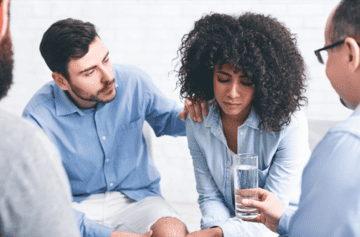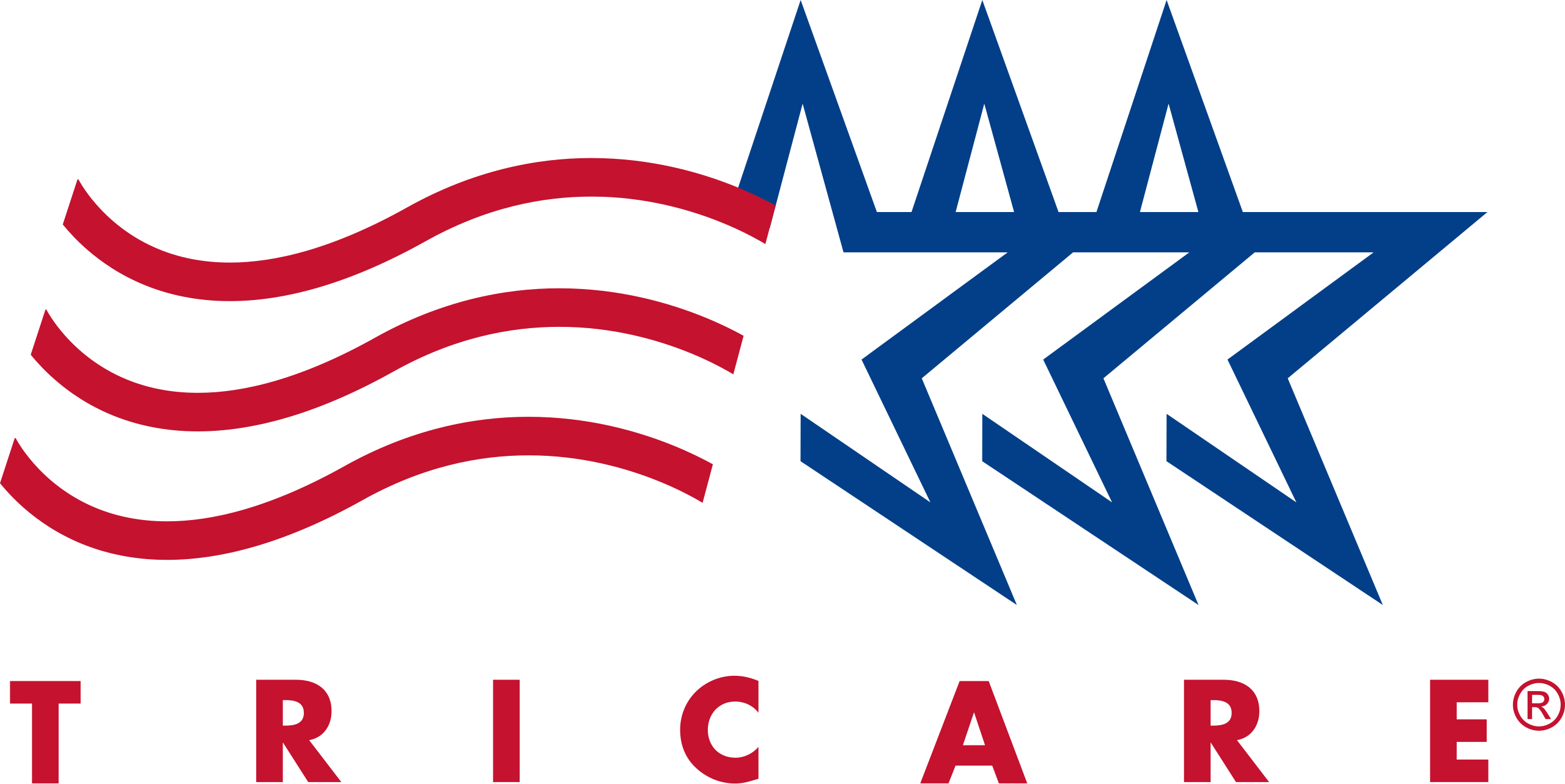Reasons for drug relapse vary from person to person, and unfortunately the rates for relapse are high. However, relapse can be prevented and avoided with proper tools and help for the individuals seeking recovery from substance abuse. Acknowledging the risk of relapse, and learning coping mechanisms for common relapse factors can be vital for successful recovery from drug addiction.
What is Drug Relapse?
Relapse is defined as having deterioration after a period of improvement. The word “relapse” is used in describing any ailment. Those who show improvement from asthma symptoms, for example, and then have a decline can be said to have a relapse in symptoms.
When it comes to recovery from addiction, a drug relapse is similar. Being that after treatment, a person is beginning recovery from drug abuse, when they begin using again, it is said to be a relapse. Roughly 40% to 60% of people who struggle with substance use disorder experience relapse. It is common with those recovering from addiction to have a relapse, however, dependent upon the drug, even a one time use can lead to fatal consequences. Regardless of the reasons for drug relapse, recovery from drug abuse is possible, and can be achieved with the right tools and support.
Five Common Reasons for Drug Relapse
Reasons for drug relapse can range from mental health issues and feeling like the drugs help to alleviate the symptoms, to just being around the wrong people when you’re trying to do the right thing. Here are five of the more common reasons for drug relapse, and how they can contribute to it.
Withdrawal
Withdrawal symptoms, depending on the substance, can last for long periods of time. Many cases of relapse happen to avoid withdrawal or post acute withdrawal syndrome (PAWS), when symptoms of withdrawal are persistent and longer term than the traditional withdrawal timeline. PAWS symptoms can last 6-18 months. All drugs come with their own withdrawal symptoms. Some of the more common withdrawal symptoms include muscle aches, restlessness, nausea, vomiting, diarrhea, and seizures. Avoiding these symptoms is one of the main reasons for drug relapse in individuals who are seeking recovery from addiction.
Boredom
In early recovery, routine becomes extremely important. Keeping busy and building relationships help to prevent isolation. Being that boredom is a leading reason for relapse, having that routine to keep busy can also keep an addict out of trouble. Left with nothing to do and a lot of idle time, creates the illusion that life was more fun with drugs.
Triggers
Triggers like people who were “using buddies” and places that bring back memories of drug use or even bad experiences is also one of the common reasons for relapse. Addiction changes the brain chemistry. Something as simple as driving past a place where drugs used to be bough can cause a person to run away from their recovery and start using again.
Lack of Support
Having a healthy support system is vital to successful recovery from addiction. Being able to pick up the phone and call someone who can help calm racing thoughts, or to distract from thoughts of using is one of the strongest weapons a person can have in their arsenal for recovery. There are also other forms of support such as group therapy and individual therapy. These help to provide a professional support system, and teach techniques to avoid and cope with triggers that tend to pop up. When an addict doesn’t have the support that they need, it can lead to relapse and lead to severe consequences.
Overconfidence
People in the recovery world often say that an addict’s thinking “I got this” is a dangerous thought process. Thinking you don’t need support or that therapy isn’t important can lead down a dangerous path. This is common in early recovery, as life feels like it is improving. Also, the “pink cloud” of never wanting to use again appears. However, that overconfidence can come to a crashing halt with the first inconvenience.
Importance of Relapse Prevention
Reasons for drug relapse vary, but recovery is consistent. Even when a relapse occurs, the knowledge is still there. One must keep up with treatment plans and follow through with therapy, support groups, and group therapies after detox. Maintaining a routine and having professional support helps lower the risk of relapse. It also helps people achieve long term recovery.
Get Help With Retreat of Broward
At Retreat of Broward, we offer treatment for those suffering with addiction to drugs and alcohol. Our team of professionals teach the tools and coping mechanisms needed to make it through the hard days. Contact us today and let us help you on your journey.
















